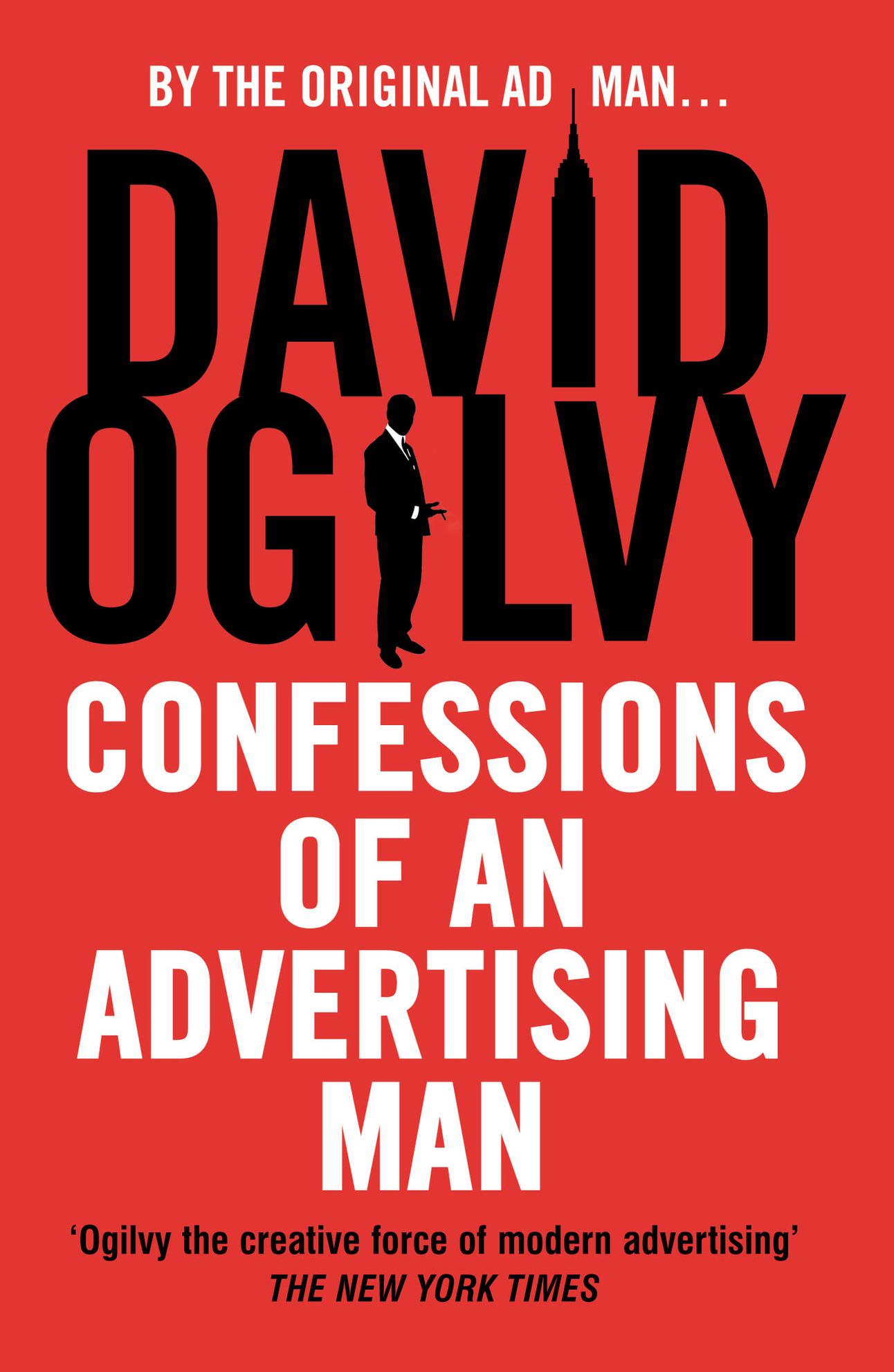“Dive deeper in 30: See if this book clicks with you in our key takeaways.”
1. Honesty is paramount in advertising: Never compromise your client's brand image by overselling or misrepresenting a product, as it ultimately leads to customer dissatisfaction and harms future sales.
2. Informative ads win customers: Consumers respond to facts and evidence. Clearly communicate how your product benefits consumers with substantial information, respecting their intelligence and driving sales.
3. Originality cuts through the noise: In a saturated advertising market, create ads that are distinctive, engaging, and enjoyable to stand out and capture the audience's attention.
4. Honesty in advertising doesn't exclude storytelling: While deceptive tactics are harmful, using storytelling to enhance the perceived value of a product, like associating wine glasses with enhanced taste, can be acceptable as long as it benefits the customer.
5. The headline is your most valuable asset: Your headline is the first impression, often the only part read. It needs to be captivating, summarize the ad's message, communicate the product's benefits, and prominently feature the brand name.
6. Treat every piece of writing like an advertisement: Summarize your conclusion at the beginning to instantly engage readers, allow them to decide if they want to continue reading, and ensure your message is clear and impactful.
7. Unify your ad with a 'Big Idea': Develop a simple, central concept that connects all elements of your ad. For example, Ogilvy's Rolls-Royce ad cleverly conveyed the car's quiet engine with the line, "At Sixty Miles an Hour, the Loudest Noise in the New Rolls-Royce comes from the electric clock."
8. Nurture creativity through leisure: Allow your subconscious mind to generate ideas by engaging in enjoyable activities outside of work, giving your brain space for spontaneous inspiration.
9. Don't be afraid to elaborate: Once the headline hooks the reader, provide a detailed sales pitch in the body of your ad, highlighting every appealing feature of your product. A genuinely interested consumer will appreciate comprehensive information.
10. Write in a way that resonates: Make your ad easy and enjoyable to read by using simple language, short sentences and paragraphs, and a warm, personal tone, as if recommending a product to a friend.
11. Consider the emotional impact of product information: While informative ads rely on details, persuasive ads leverage emotions. Balance information with emotional appeal to avoid diluting the intended effect. For example, a heartwarming Super Bowl ad might not benefit from a detailed breakdown of beer ingredients.
12. Intrigue with your imagery: Capture attention by using images that spark curiosity and require further context, pulling the audience deeper into the ad's message, like a lemon with a USB port promoting renewable energy.
13. Build a lasting impression with a strong brand image: Develop a unique and consistent brand image that resonates with your target audience. This cumulative impression, built over time, will influence consumer choices in favor of your brand.
14. Tailor your brand to a specific niche: Focus on becoming a leader in a particular market segment by tailoring your brand to their needs and preferences, gaining a competitive advantage by being the first to own that space.
15. Make your brand memorable through consistency: Consumers tend to choose brands they easily recall. Create a consistent brand image with recognizable assets like logos, colors, and slogans, which act as memory triggers and increase brand recognition.
16. Always test your ads before launch: Identify and rectify flaws in your advertising campaigns before they reach the public. Testing ensures your message resonates with the target audience and avoids potentially damaging brand image or sales.
17. Don't fix what isn't broken: If an advertisement proves successful, continue running it until it no longer generates sales. It will continue reaching new consumers and remain effective, maximizing its impact.
18. Repetition is key for brand recall: Consumers need repeated exposure to a message to retain it. Resist the urge to constantly change ads, as consistent messaging helps your brand stand out in a crowded market.
19. Prioritize creative talent in your hiring: Seek out individuals with exceptional creativity, imagination, and the ability to approach situations from multiple perspectives. While they may be unconventional, their unique talents are invaluable to your agency's success.
20. Nurture creativity with a supportive environment: Foster a workplace culture that encourages creativity by promoting respect, open communication, and a shared passion for hard work.
21. Set clear and actionable guidelines for your team: Establish specific rules that embody your desired company culture, prompting employees to consider their reasoning and act accordingly. For example, implement a rule requiring consultation with colleagues on decisions instead of broadly encouraging respect.
22. Lead by example, not just words: Employees emulate the behavior of their leaders, not just their words. Actively demonstrate the values and conduct you expect from your team to cultivate the desired work environment.
23. Safeguard your agency's reputation by upholding standards: Reject work that compromises your quality standards, even if it means losing a client. Maintaining a strong reputation for excellent work is crucial for attracting both clients and talent.
24. Choose your clients wisely: Partner with businesses that align with your values and are highly likely to succeed. Avoid clients with questionable products or practices, as their failures can negatively impact your agency.
25. Adapt your approach to each client: Understand that every client is different. Tailor your communication and strategies to their individual needs and preferences to build trust and secure their business.
26. Active listening builds trust and respect: Speak less and listen attentively during conversations with potential clients. This demonstrates respect, allows for deeper understanding, and positions you as insightful and trustworthy.
27. Honesty about your weaknesses builds credibility: Be transparent with clients about your agency's limitations, especially if it's a new firm. This honesty demonstrates integrity and builds trust, potentially outweighing any perceived disadvantage.
28. Go the extra mile to prove yourself: Compensate for a lack of experience by putting in extra effort. Consider developing speculative advertising campaigns pro bono to showcase your agency's capabilities and potential value to clients.
29. Reliability is paramount: Always deliver on your commitments, especially deadlines. Upholding promises builds trust and reinforces your image as a reliable professional, which is essential for maintaining strong client relationships.
30. Prioritize existing clients, but don't neglect new opportunities: While focusing on client satisfaction is crucial, consistently seek out new clients to ensure a steady flow of business and compensate for inevitable client turnover.



